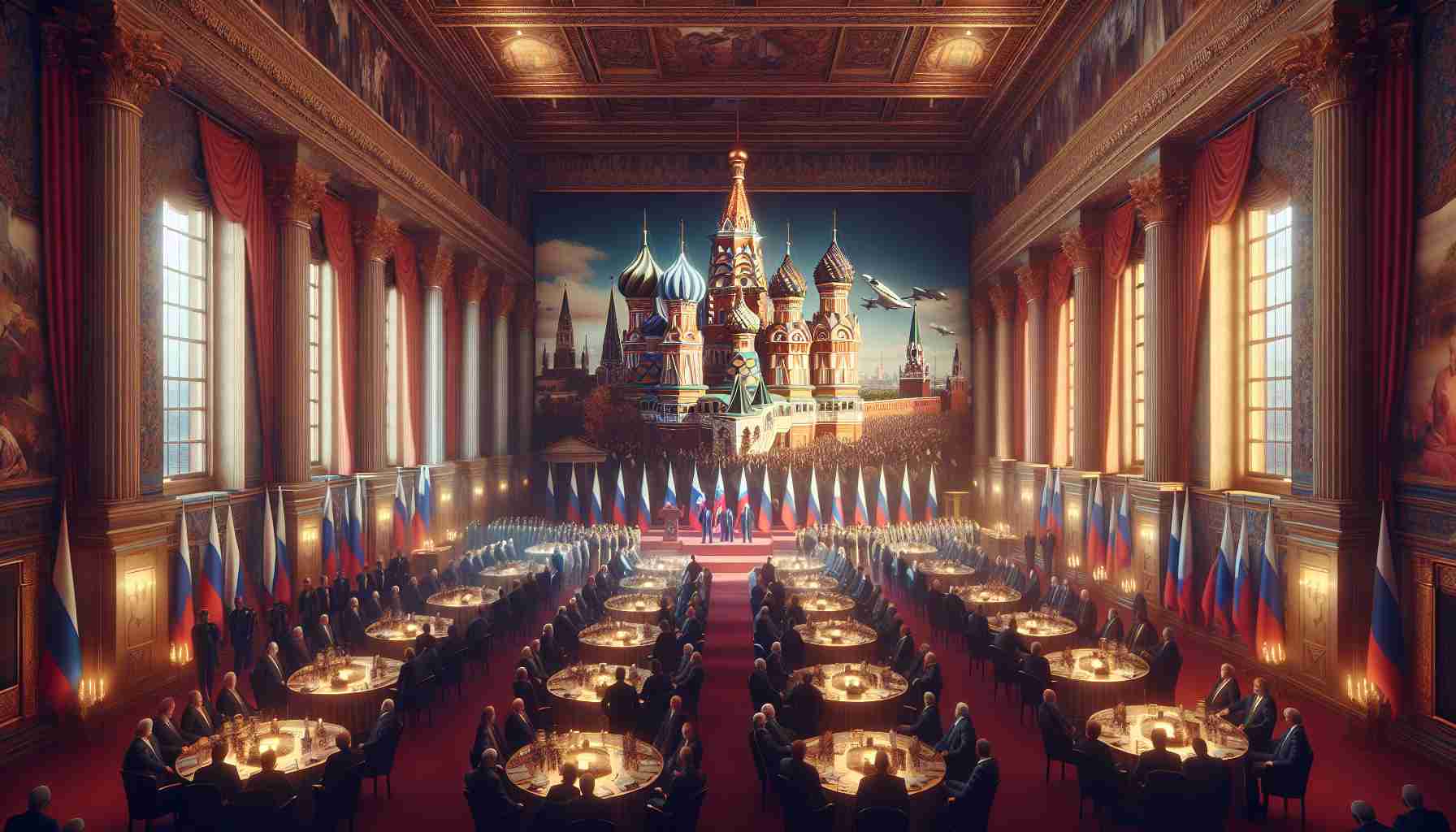In a surprising move, Slovakia’s Prime Minister, Robert Fico, made a secretive trip to Moscow on December 22, 2024, where he met with President Vladimir Putin. This meeting marks the third encounter between a Western leader and Putin since the onset of Russia’s full-scale invasion of Ukraine. Known for his skepticism towards the European Union’s support for Ukraine, Fico focused on discussing Slovakia’s reliance on Russian gas.
The current energy agreement with Gazprom, which enables gas transportation to Slovakia via Ukraine, is set to expire at the end of this year. Fico communicated his visit and its objectives to EU officials just two days prior, indicating a strategy to consider Slovakia’s energy needs amid regional tensions. Ukrainian President Volodymyr Zelensky had previously warned EU leaders that his country opposes the transit of Russian gas through its territory.
During the meeting, Fico and Putin engaged in extensive discussions, exchanging views on the military situation in Ukraine and exploring potential pathways for a peaceful resolution to the war. Slovakia, alongside Hungary, remains dependent on Russian gas, raising concerns over potential supply interruptions. Nevertheless, Fico has emphasized his desire for Slovakia to maintain a friendly relationship with Ukraine.
His visit coincided with a security summit involving leaders from Italy, Sweden, Greece, and Finland, where Finnish Prime Minister Petteri Orpo described Russia as a persistent and dangerous threat to the EU, underscoring the need for increased defense spending and support for Ukraine.
Slovakia’s Energy Dilemma: Balancing Russian Gas Dependence and European Unity
In recent months, Slovakia’s strategic energy position has come under scrutiny, especially following the secretive visit of Prime Minister Robert Fico to Moscow on December 22, 2024. This meeting with President Vladimir Putin marks a significant moment in the ongoing dialogue about Europe’s energy security amidst the continued fallout from Russia’s invasion of Ukraine.
Current Energy Landscape and Slovakia’s Dependence
Slovakia, along with its neighbor Hungary, remains heavily reliant on Russian gas, a state of affairs that has sparked widespread contention. The gas agreement with Gazprom, which allows for the transit of gas through Ukraine, is set to expire soon, compelling the Slovak government to reassess its energy strategy. As tensions with Ukraine remain high, the potential for supply disruptions looms large, particularly if hostilities continue.
Key Discussions in Moscow
During the Moscow meeting, the two leaders discussed not only energy needs but also the ongoing military situation in Ukraine. Fico’s approach indicates a dual strategy: negotiating Slovakia’s energy supply while attempting to foster a dialogue towards a peaceful resolution of the conflict. This balancing act is fraught with challenges, as Ukraine has previously expressed strong opposition to the transit of Russian gas through its territory.
Implications for EU Relations
Fico’s meeting with Putin comes at a time when EU unity is critical. Just prior to his trip, he informed EU officials of his intent to meet with the Russian President, signaling a desire to keep European partners in the loop while pursuing his own national interests. However, this has raised concerns about Slovakia’s commitment to a unified European stance against Russia, especially amid increasing calls from leaders such as Finnish Prime Minister Petteri Orpo for heightened defense readiness.
Pros and Cons of Slovakia’s Position
Pros:
– Energy Security: Direct negotiations with Russia may secure more stable gas supplies for Slovakia.
– Diplomatic Engagement: Seeking dialogue could open pathways to peace in Ukraine, benefiting regional stability.
Cons:
– EU Tensions: A perceived shift towards Russia may alienate Slovakia from its EU allies.
– Long-term Dependency: Continued reliance on Russian gas poses risks if geopolitical tensions escalate.
Future Outlook
As Slovakia approaches the deadline for its gas agreement with Gazprom, it faces a critical crossroads. Fico’s administration must consider both national energy security and the implications of its diplomatic moves on long-term relations within the EU. With potential supply interruptions looming, it becomes essential for Slovakia to explore alternative energy sources and strengthen its ties with European partners.
Key Takeaways
– The upcoming expiration of Slovakia’s gas agreement with Gazprom puts pressure on the government to negotiate favorable terms.
– Prime Minister Fico’s engagement with Putin raises questions about Slovakia’s future in the EU and its energy strategy.
– Maintaining a balance between energy needs and diplomatic relations with Ukraine remains a complex challenge.
For more insights on European energy politics and Slovakia’s strategic decisions, visit the Slovak government website.
